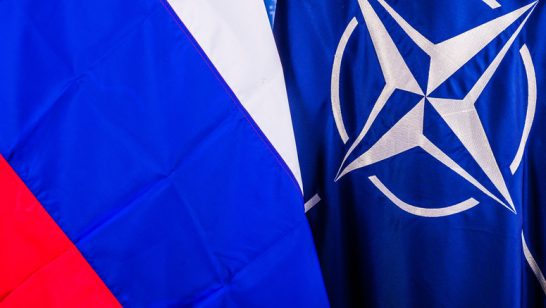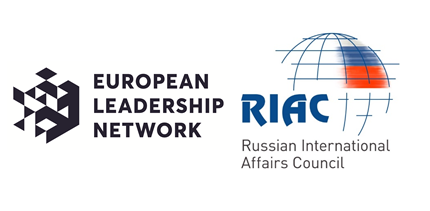
In a new policy brief for the ELN, Dr Sergey Utkin of the Russian Academy of Science highlights how Russia’s unique geographical heritage has shaped its relationship with Europe and ‘the West’. Russia is historically bound to, and culturally influenced by, Europe but it remains outside of ‘political Europe’.
Black and white assumptions of assimilation or malevolence have often failed to take into account the historical Russian perspective. Decisions taken over Europe’s future have increasingly taken place in institutions unavailable to Russian membership, such as the European Union and NATO. As NATO and EU enlarge, in steps viewed by the West as progress in democracy and human rights, Russia fears a loss of influence, forced limitation of its bilateral partnerships, and a challenge to security and stability.
Propaganda has too often shaped the debate on Russia-West relations, and such distortions have helped drive the adversarial relationship. Generic assertions and perceptions have become a feature of contemporary politics and society, and as NATO and the West returns to its classic pattern of deterrence, the ideological influence of ‘progress’ must take into account the Russian perspective.
Nonetheless, there is scope for co-operation. Negative public attitude is often exaggerated. Russia has no intention to sever ties to the West completely. Indeed, President Putin’s proposed Greater Eurasian Partnership could foster cooperation between the EU and Russia, Utkin asserts.
The report examines the challenge through four lenses:
- The historical context and influence of the European ‘us’ and Russian ‘them’: how Russia sees itself as different from Europe.
- The domestic Russian perspective of the direction of Europe: how assumptions drive Russian policy towards Europe
- Finding common ground: avoiding bias and reconsidering proposals to improve relations.
- Accepting national difference and facilitating cooperation.



